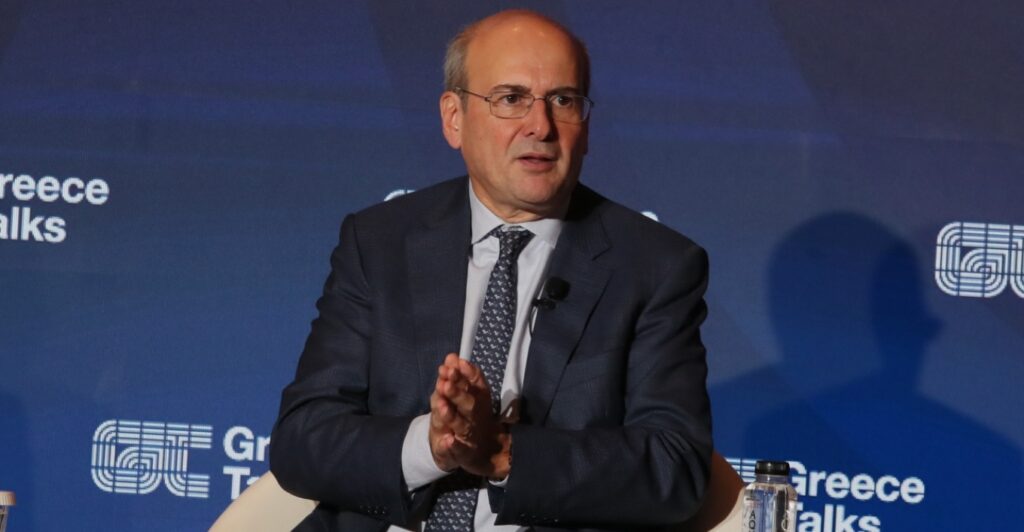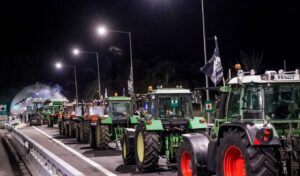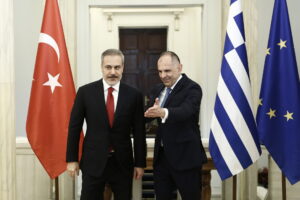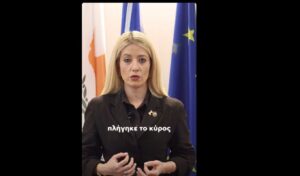Regarding the port of Elefsina, American interest and the statements by Kimberly Guilfoyle at her meeting with Takis Theodorikakos, Kostis Hatzidakis spoke out. In an interview he gave on Tuesday evening on Blue Sky, he mentioned that, indeed, “Elefsina has a port, and there is also space, as I understand it, next to the shipyard for another port to be established.” “Our country cannot reject proposals,” K. Hatzidakis emphasized and added:
“Besides, this proposal, this idea, is cumulative. One port does not exclude the activities of another.” Furthermore, he added, “we already have competition now, because we have the ports of Piraeus, Thessaloniki, Volos, Heraklion, Igoumenitsa. However, Piraeus is a port for containers to a very large degree.” In contrast, as he said, “the idea for Elefsina concerns more the so-called bulk cargo, so that there can be specialization in another sector as well. So one does not exclude the other.”
Hatzidakis: Greece becomes gateway for American natural gas
A development which he subsequently invoked to highlight our country’s geopolitical upgrade, also due to agreements with Chevron and Exxon. In reality, Greece is becoming “not a terminal point for Russian oil trade, but a gateway for American natural gas entry.” And in this way, “the country is geopolitically upgraded and America has every reason to be even closer to Greece.”
Changing topics, on the issues facing Greek livestock farmers, first K. Hatzidakis presented a fact: “The plague, according to official data, has currently affected 8% of the livestock capital in Greece, 8% of goats and sheep.”
However, “in all likelihood more specific announcements will be made next week, which will be in the direction of supporting livestock farmers who have been forced to slaughter animals for income loss.” Ultimately, “for our livestock farmers this problem is very significant and the government came to do, in my opinion, the obvious.”
On the other issue, that of subsidies, “we are now at the stage where the submission of declarations was completed a month ago, and we are now in the final stretch for the payment of subsidies to our farmers,” but with objective criteria now.
Of course, he continued, “this is difficult work.” “It must be done in record time, because a new system must be implemented, which has many parameters and therefore you must proceed at very, very high speeds,” he noted.




